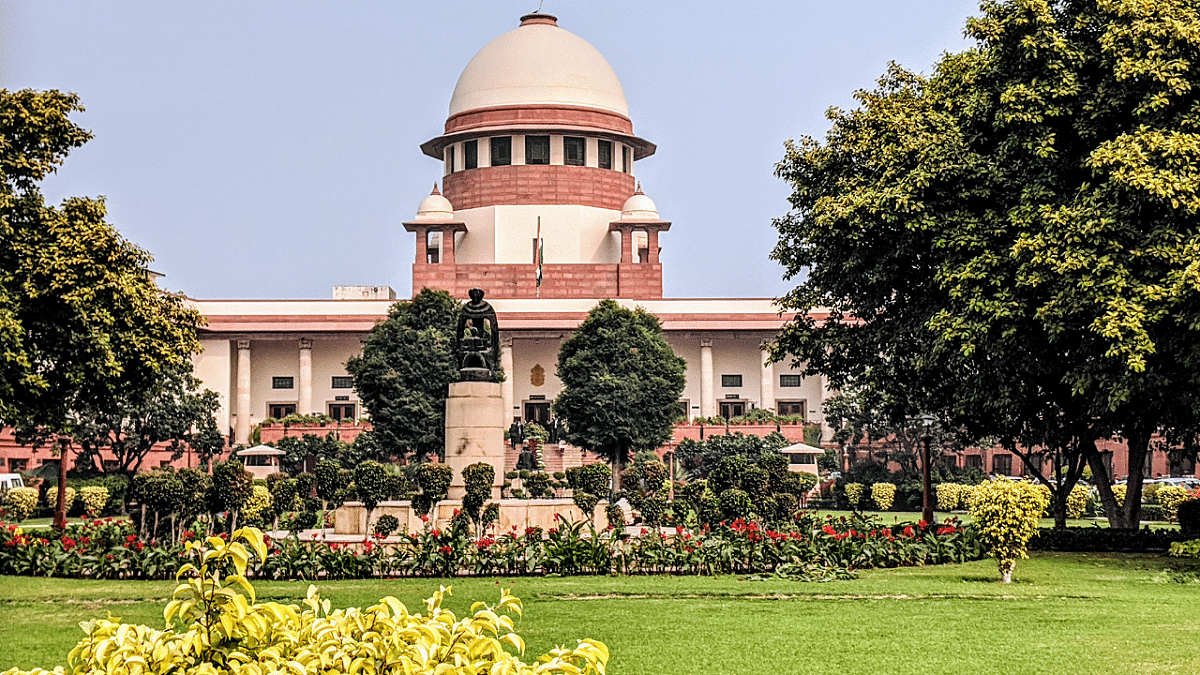
The Supreme Court on Thursday declared that inherited property of a female Hindu dying issueless and intestate would go back to heirs of her parents or husband.
"If a female Hindu dies intestate without leaving any issue, then the property inherited by her from her father or mother would go to the heirs of her father whereas the property inherited from her husband or father-in-law would go to the heirs of the husband," a bench of Justices S Abdul Nazeer and Krishna Murari said.
The top court explained the provisions of the Hindu Succession Act.
It said the main scheme of this Act is to establish complete equality between males and females with regard to property rights and the rights of the female were declared absolute completely abolishing all notions of a limited estate.
The court pointed out that the Act brought about changes in the law of succession among Hindus and gave rights that were till then unknown in relation to women’s property.
"The Act lays down a uniform and comprehensive system of inheritance and applies, inter-alia, to persons governed by the Mitakshara and Dayabhaga Schools and also to those governed previously by the Murumakkattayam, Aliyasantana and Nambudri Laws. The Act applies to every person, who is a Hindu by religion in any of its forms including a Virashaiva, a Lingayat or a follower of the Brahmo Prarthana or Arya Samaj and even to any person who is Buddhist, Jain or Sikh by religion excepting one who is Muslim, Christian, Parsi or Jew or Sikh by religion," the bench added.
Referring to Section 15(2), the court said the basic aim of the legislature is to ensure that inherited property of a female Hindu dying issueless and intestate, go back to the source.
Acting on an appeal legal heirs of Arunachala Gounder, the bench set aside judgements of the Madras High Court and the trial court, saying, unfortunately, neither of the courts adverted itself to the settled legal propositions which are squarely applicable in the facts and circumstances of the case.
Since the succession of the suit properties opened in 1967 upon the death of Kupayee Ammal, the 1956 Act shall apply and thereby Ramasamy Gounder’s daughter’s being Class-I heirs of their father too shall also be heirs and entitled to 1/5th share in each of the suit properties, the court said.
Watch the latest DH Videos here:
Deccan Herald is on WhatsApp Channels| Join now for Breaking News & Editor's Picks
